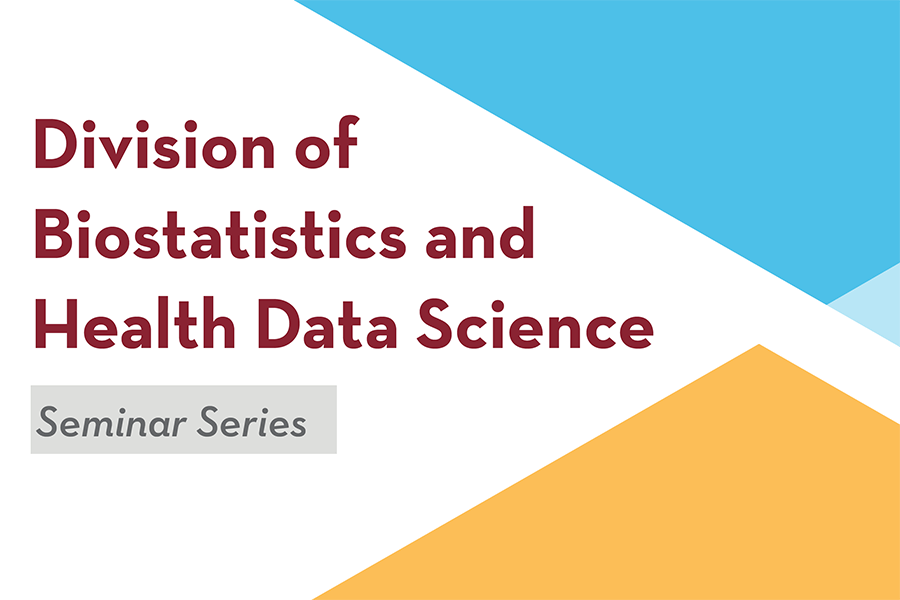Uncertainty-Aware Human Preference Study and Machine Learning Predictions
Presented by Mengxin (Maxine) Yu
Department of Statistics and Data Science
University of Pennsylvania
* Candidate for faculty position in the Division of Biostatistics and Health Data Science
Recent advances in machine learning (ML) or artificial intelligence (AI) have affected biomedical research, from drug discovery to clinical diagnostics and patient care. In healthcare and biostatistics, ranking algorithms are crucial for aligning (AI) systems with human preferences and facilitating critical decisions, such as hospital ranking, treatment options selection, and public health campaign strategy ranking. Meanwhile, many biomedical applications heavily rely on black-box ML models, including treatment effect prediction and cancer classification. This raises two fundamental questions about reliability:
1. How can we ensure ranking outputs reflect genuine preference signals rather than noise?
2. How can we address ML/AI models’ inherent opacity and potential for hallucinations—outputs that appear plausible but are factually incorrect?
This talk examines these challenges through a statistical lens. First, I will present a unified method for quantifying uncertainty in ranking algorithms, focusing on individual-level rankings, top-choice sets, and preference variations across diverse patient populations. These methods also apply to disease risk screening, risk factors ranking, and variable importance assessment. Second, I will introduce a novel approach for constructing reliable prediction sets for ML outputs designed for complex data structures, including images, hierarchical data and networks. These methodologies are particularly relevant for cluster-randomized trials in clinical settings, where prediction reliability is essential.
A seminar tea will be held at 2:45 p.m. in University Office Plaza, Room 240. All are Welcome.


